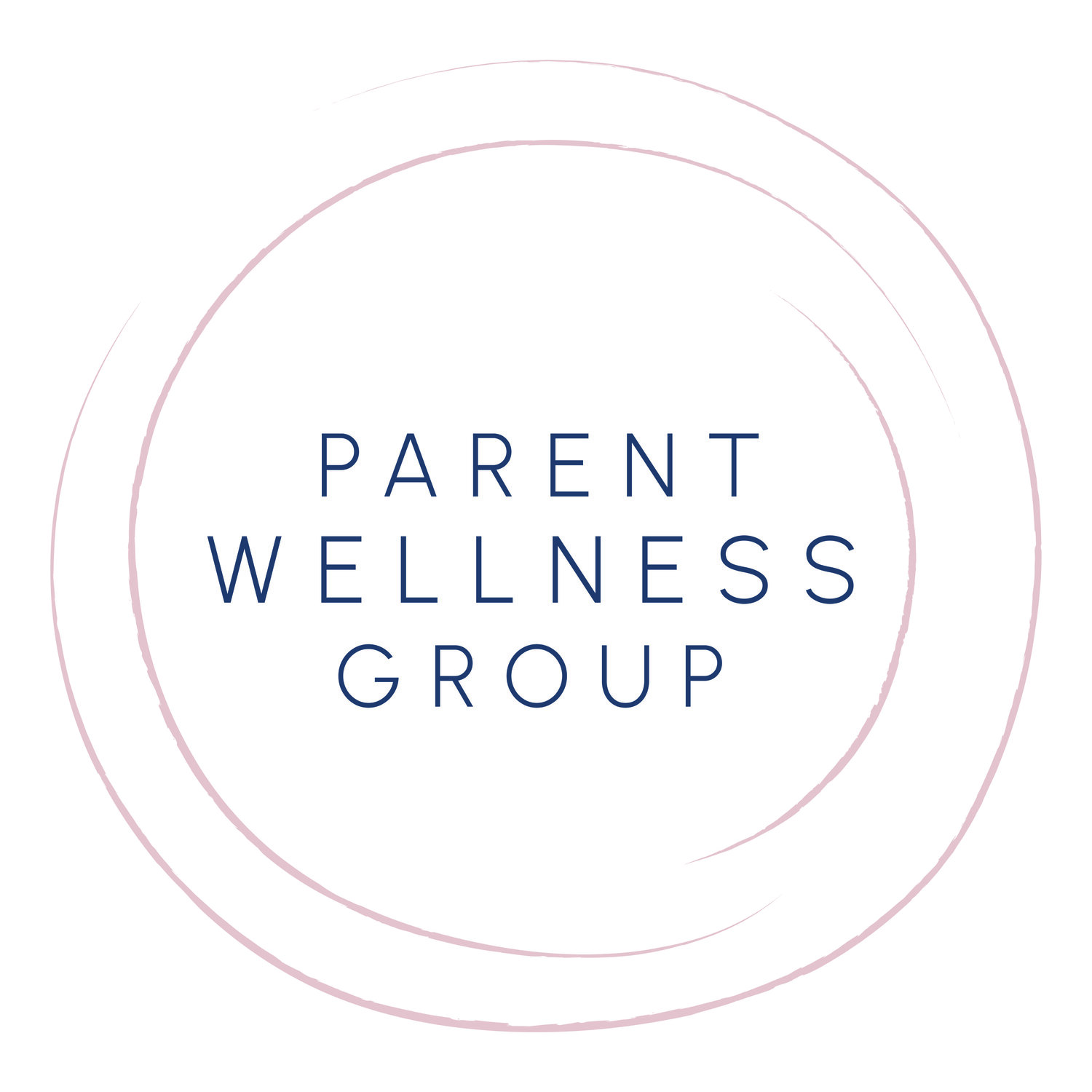Navigating the Storm: My Journey Through Miscarriage and Beyond
Miscarriage is a topic that many people shy away from discussing, but it's a painful reality for countless women and families. I want to share my personal story of experiencing a miscarriage, specifically finding out that I had lost twins during my 12-week ultrasound. It's a story that combines sorrow, anger, and eventually, for me, hope.
When I found out I was pregnant, my first daughter was just 6 months old. For some this may have felt overwhelming, but for me, I felt excited! Oddly enough, that excitement quickly turned to overwhelm when I went to first my first ultrasound a few weeks later and found out I was pregnant with twins. It was a roller coaster of emotions. The joy of expanding our family so quickly was undeniable still, but it also came with its set of challenges. As a labor and delivery nurse, I quickly did the math…in the best case scenario (i.e. me having the twins at 36+ weeks) I was looking at a future of three kids, 15 months and younger. I cried myself to sleep that night and several nights after that appointment.
Fast forward about a month, and while the thought of taking care of two babies and a toddler at once still seemed like a daunting task, we were determined to make it work, and I started to find glimmers of hope and excitement through my overwhelm.
The day of the 12-week ultrasound arrived with great anticipation. I was excited to see the babies, and because I am a nurse, was excited to know more about what kinds of twins they were. But the joy quickly turned to grief. The ultrasound was with a doctor I knew well from my days on labor and delivery, and as soon as she put the ultrasound on, I knew the news wasn’t going to be good. The room suddenly felt heavy, and I just wanted to get the f*ck out of there because I knew I had miscarried.
After the miscarriage, I was overwhelmed by anger. I didn't even realize how angry I was until later, as it became a constant companion in my life. I felt robbed. I had stopped breastfeeding my now 9-month-old daughter because my supply had tanked with the pregnancy. I felt cheated. My husband and I had already started to make a plan of how we could make it work within the life we had. But mostly, I felt heartbroken. All of those feelings were wrapped up in this unrelenting anger.
It was only after I got pregnant again that I began to understand the depth of my anger. For me, finding out I was pregnant wasn’t scary or nerve wracking, wondering if I would miscarry again, instead it came with a shift in my emotions. The anger slowly gave way to a different feeling—hope. I felt relief knowing that the expansion of my family would come, and that gave way to the capacity for me to heal, and the ability to find joy again became apparent.
My journey though, is just that, my journey. I felt unrelenting anger when others felt unrelenting sorrow, or hopelessness, or grief. I was fortunate enough to get pregnant again at all, let alone it happening so quickly, while others are not this fortunate. Regardless of your journey through miscarriage, I think one commonality we all share is the importance of support.
Ways to support yourself and/or your partner after loss could look like:
Not being afraid to share your story: I have heard time and time again from parents who have experienced loss, that as soon as they share their story, they are surprised by the number of people in their lives who have experienced similar loss without them knowing.
Seeking out support: there are wonderful, free support groups through organizations like Postpartum Support International, who have groups for parents who have experienced miscarriage, infant loss, fertility issues, etc.
Finding a therapist: having a professional who specializes in family and marriage therapy and/or works specifically with parents during this perinatal period, can help immensely for your own emotional well being, as well as your partner’s well being and the well being of your marriage.
Alternatively, if you know someone who has experienced a miscarriage, here are some tips to be there for them:
Listen Without Judgment or the need to speak: Sometimes, the most important thing you can do is be a listening ear. Let them share their feelings without trying to fix anything.
Offer Practical Help: Whether it's cooking a meal, running errands, or taking care of their older children, practical help can be a huge relief.
Be Patient: Grief is a personal journey, and it takes time. Be patient with their process and let them heal at their own pace.
Check-In Regularly: Continue to offer your support, even after time has passed. Grief can resurface, so checking in periodically is comforting.
Share Your Own Story: If you've experienced a miscarriage, sharing your own story can create a bond and let them know they're not alone.
Remember, my story is just one of many. Each journey through miscarriage is unique, and support from friends, family, and professionals can make all the difference. If you are navigating loss and looking for more support, please reach out to the team here at Parent Wellness Group for a free consult. There is help available.
Jamie O’Day is a co-founder of NAPS (newborn and parenting support), a Board Certified Labor and Delivery Nurse, a Labor and Delivery Registered Nurse, and mom to three in South Boston.
